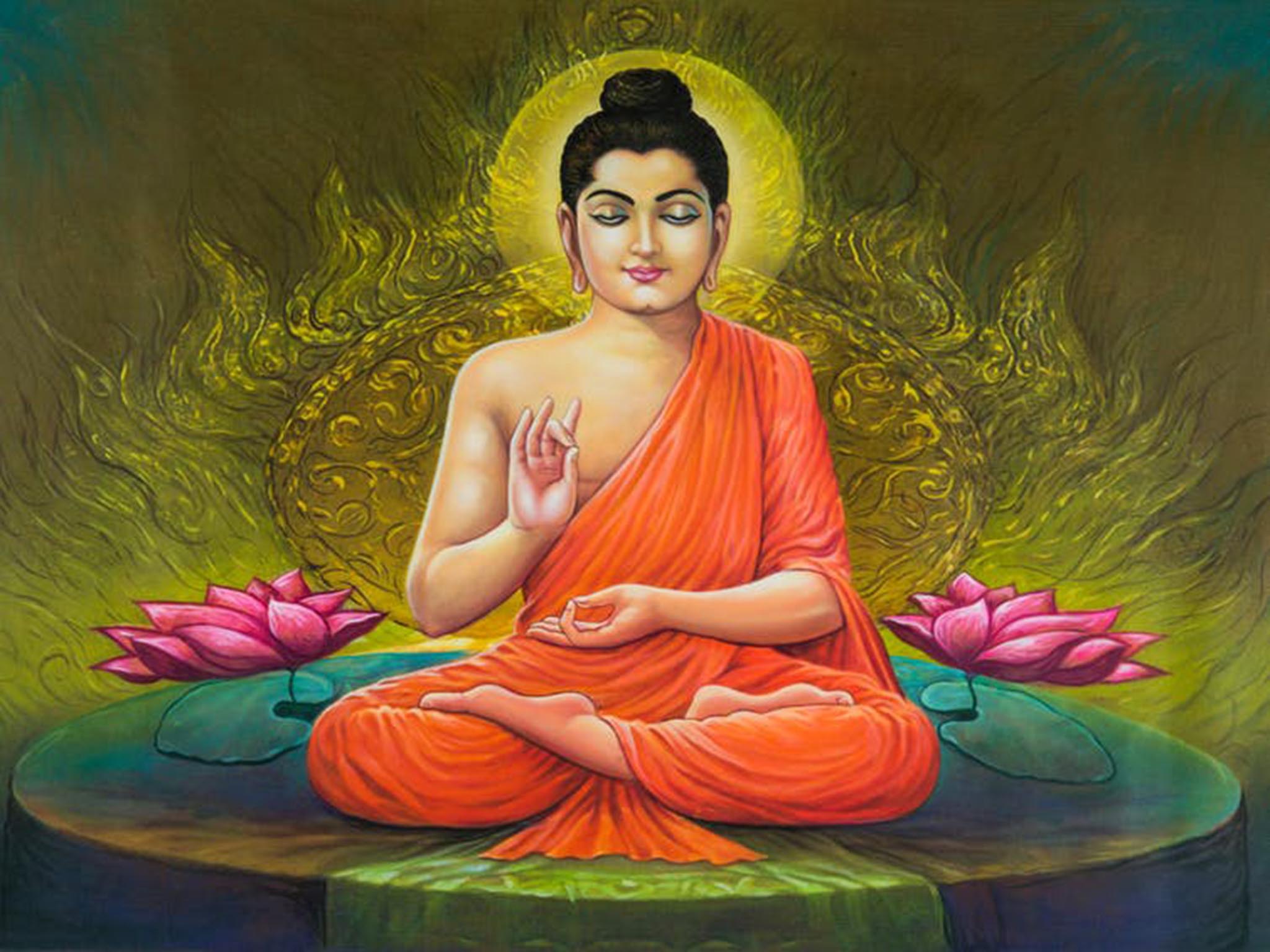The Top 10: Prophets honoured abroad and reviled at home
No, I’m not putting Tony Blair on this list


Your support helps us to tell the story
From reproductive rights to climate change to Big Tech, The Independent is on the ground when the story is developing. Whether it's investigating the financials of Elon Musk's pro-Trump PAC or producing our latest documentary, 'The A Word', which shines a light on the American women fighting for reproductive rights, we know how important it is to parse out the facts from the messaging.
At such a critical moment in US history, we need reporters on the ground. Your donation allows us to keep sending journalists to speak to both sides of the story.
The Independent is trusted by Americans across the entire political spectrum. And unlike many other quality news outlets, we choose not to lock Americans out of our reporting and analysis with paywalls. We believe quality journalism should be available to everyone, paid for by those who can afford it.
Your support makes all the difference.A prophet is not without honour but in their own country,” according to the King James Bible, in one of the most striking triple negatives in the English language. But we get the gist, and Cole Davis suggested it would make a good list.
1. Buddha. Important everywhere in Asia, apart from India. Nominated by Peter Wylde.
2. Joseph. Hated in Canaan (by his half-brothers, at least), literally acknowledged as a prophet in Egypt. Thanks to James of Nazareth.
3. Hannibal. Forced into exile when his efforts to reform Carthage after the Second Punic War proved unpopular. However, his reputation was such that he was engaged as a general by King Antiochus III of Syria and then King Prusias I of Bithynia. (But it was the tomb of his rival Scipio Africanus, who defeated him, that was said to have borne the inscription: “Ungrateful country, you shall not even get his bones.”) Nominated by Stewart Slater.
4. Captain William Bligh. Now despised in Britain, due to Hollywood interpretations of the story, according to Dave Leddy, he was well regarded in parts of New South Wales for his part in the Rum Rebellion and regarded as a navigational hero by many mariners for his survival after the mutiny.
5. Thomas Paine. Revered in France and the US. The only Englishman to take a seat in the first French national assembly, despite needing an interpreter. Regarded as a dangerous revolutionary here. Even 200 years later, when a statue was proposed for the spare plinth in Trafalgar Square, The Daily Telegraph and Daily Mail were strident in their condemnation. Thanks to Dave Leddy, Alwyn Turner and Andrew Kitching.
6. Woodrow Wilson. Feted at the Paris Peace Conference; won the Nobel Prize for his role in establishing the League of Nations. But the Republican Party refused to ratify the treaty, and undermined the League from the start. Nominated by Graham Kirby.
7. Vaclav Havel. Hero of the Czechoslovak Velvet Revolution but regarded by many at home as a sellout who brought on the painful transition to a market economy which (arguably) led to a populist right-wing government. Also disliked for apologising for the expulsion of German-speaking Czechs after the Second World War. “Prague airport is still named after him, though,” said Mick O’Hare.
8. Mordechai Vanunu. Technician who revealed information about Israel’s nuclear weapons to the British press in 1986: a whistleblower abroad and a traitor at home, where he served 18 years in prison and is not allowed to leave the country. Nominated by Andy McSmith and Sam McBratney.
9. Michael Ignatieff. Public intellectual venerated throughout the English-speaking world, who crashed to ignominious defeat as leader of the Liberal party in Canada in 2011, losing his own seat. Thanks to Steven Fogel.
10. Emmanuel Macron. We like him because he is clever, vainglorious and can do that thing with a plastic bottle of mineral water. The French put up with him because Marine le Pen, who was the alternative in 2017, is worse. Nominated by Miles.
Several attempts to win the “there’s always one” prize this week. Michael Crick nominated Trotsky. Steven Fielding suggested Jeremy Corbyn. Several nominations for Jesus were rejected on the grounds that if his home was a province of Rome, “he turned it round in the end”, as David Williams put it.
Next week: Grand titles that diminish the holder, prompted by George Osborne becoming editor-in-chief of the Evening Standard.
Coming soon: Films within films, such as Murder at Midnight, the film the villagers watch at the beginning of the 1981 version of The Mirror Crack’d.
Your suggestions please, and ideas for future Top 10s, to me on Twitter, or by email to top10@independent.co.uk
Join our commenting forum
Join thought-provoking conversations, follow other Independent readers and see their replies
Comments